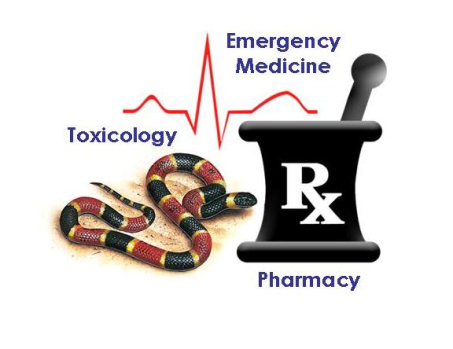When it comes to Angiotensin Converting Enzyme Inhibitor (ACE-I) induced angioedema, we don’t have a lot of therapeutic options. Traditionally, patients receive the standard allergic reaction medications including corticosteroids, histamine receptor blockers, and sometimes epinephrine. But, for true ACE-I induced angioedema, these therapies do not target the underlying cause and probably treat the clinician more than the patient. In severe cases with airway involvement, we long for a treatment that can reverse impending intubation (or worse).
Enter icatibant, a bradykinin B2 receptor antagonist, that theoretically does target the pathologic process.
A 2015 New England Journal of Medicine study generated quite a bit of publicity when the authors concluded from their phase II trial that icatibant shortened time to resolution of ACE-I induced angioedema.
The CAMEO study group just published their findings of the subsequent phase III study.
What They Did
- 2-armed, randomized double-blind clinical trial conducted at 31 centers in 4 countries
- Included: Adults on ACE-Is presenting within 12 hours of the onset of at least moderately severe angioedema
- Randomized 1:1 to icatibant 30 mg or placebo (subcutaneously)
- Primary efficacy endpoint: time to meeting discharge criteria after study drug administration, based on the severity of airway symptoms assessed hourly by a blinded physician using clinical ratings across 4 domains
What They Found
- 121 subjects were randomized
- Treatment administered a median of 7.8 hours from symptom onset
- No difference in time to meeting discharge criteria between groups
- No difference in time to onset of symptom relief or any other secondary end point
A separate European group in 2016 similarly found no clinical efficacy with icatibant for ACE-I induced angioedema.
Application to Clinical Practice
Don’t reach for icatibant in ACE-I induced angioedema cases. It doesn’t work and is very expensive.
Related Thoughts
- Word on the street is that this study was rejected by NEJM, perhaps in part because it was a negative trial and contradicted the 2015 findings published in the journal.
- This study was funded by Shire, the maker of icatibant. Props to the study investigators for publishing a negative trial funded by a pharmaceutical company.
- When patients arrive in the ED with suspected ACE-I induced angioedema, please remember to update their allergy profiles. It is an oft forgotten, but critically important step.
Reference
Sinert R, et al. Randomized Trial of Icatibant for Angiotensin-Converting Enzyme Inhibitor-Induced Upper Airway Angioedema. J Allergy Clin Immunol Pract. 2017 May 25. Epub ahead of print. [PMID 28552382]

Frustrating that the promising phase 2 trial was published in the NEJM, yet the definitive phase 3 data was relegated to the J Allergy Clin Immunol Pract…
LikeLike